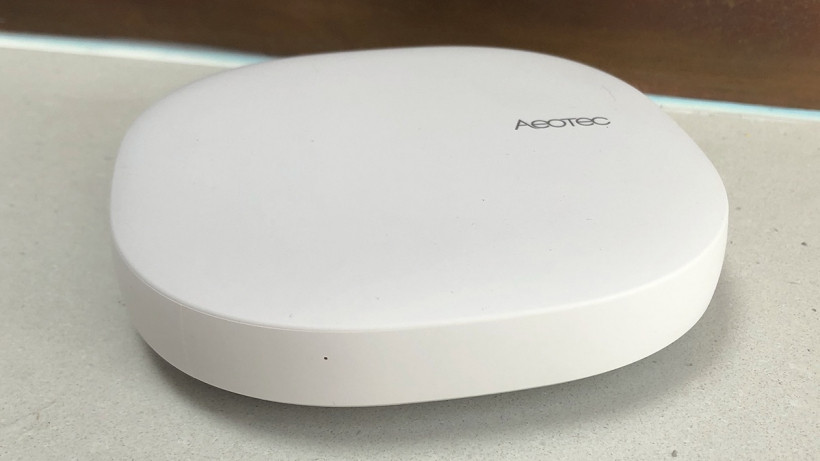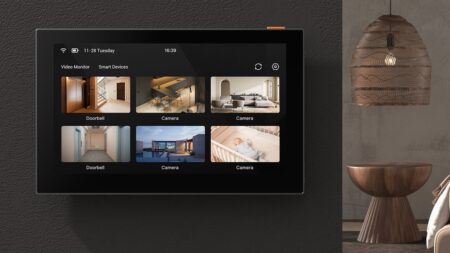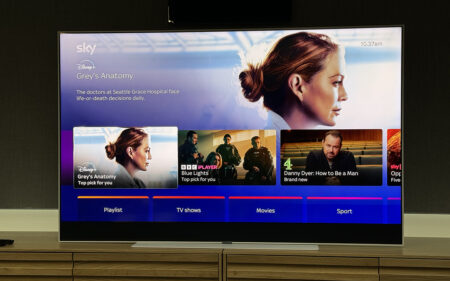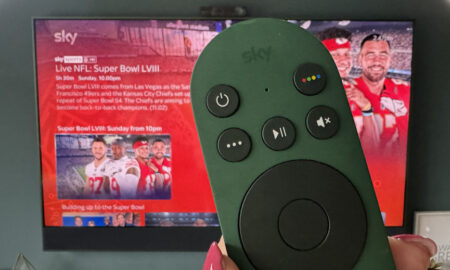This, and more findings from the latest Z-Wave Ecosystem Report
With the launch of Matter, the smart home industry is definitely on a path to a no hubs required utopia but apparently smart home users don’t really care either way.
According to the latest Z-Wave Ecosystem Report, 59% of people aren’t put off if a device requires its own smart home hub.
The definition of what a hub is exactly though is becoming more blurred, with In all three European countries, 40% to 49% of owners consider a smart speaker to be a home control system.
- Guide: Z-Wave all you need to know
- Explainer: What is Matter for the smart home
It’s interesting because Matter, with Matter controllers and Thread border routers built into things like speakers, displays and routers, is still somewhat hub dependent; but that hub doesn’t necessarily need to be a hub, if that makes sense.
Z-Wave isn’t officially part of Matter, of course, but can easily be synced with a Matter system, so long as there is a gateway device in place that supports both systems; something like a SmartThings hub, which offers Matter, Zigbee, Z-Wave, Wi-Fi and more.
In fact, when we spoke to Mitch Klein, Executive Director, Z-Wave Alliance and Director of Strategic Partnerships before the Matter launch, he told us it was an opportunity for Z-Wave, not a threat.
“Achieving full-on interoperability is a core component of our platform,” he explained. “And that’s really great for us as Matter, its members and Matter as part of their functional expectations, are insisting on interoperability as well.”
That thinking is reflected in the Z-Wave Ecosystem Report where 54% of device owners in the US consider interoperability an important consideration when purchasing smart home devices.
You can sign up for an read the full Z-Wave Ecosystem Report right here.





